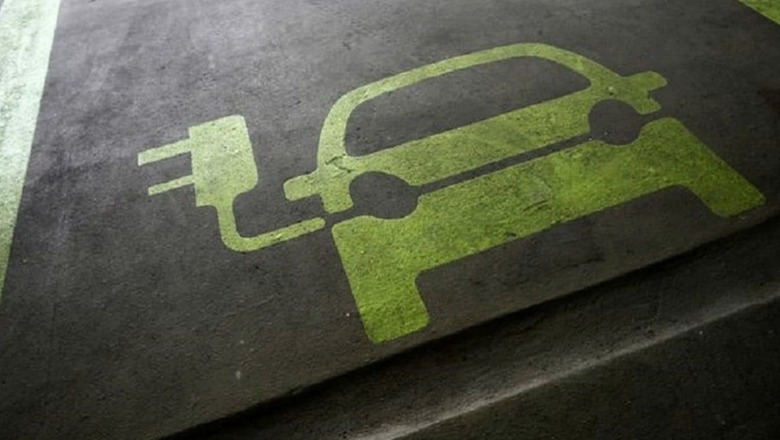
views
It may take anywhere from under an hour to several hours to fully charge an electric vehicle. The type of charging station, the battery size, onboard charger capacity, ambient temperatures, as well as other external factors all influence charging times.
But according to recent studies, quantum technology may make charging such EVs as quick as filling up a gas or petrol tank—which means within a few minutes, or even seconds.
Given humanity’s ever-increasing energy demands and the finite nature of fossil fuels, soon human society is expected to switch to sustainable energy sources.
As a result, extensive research has been conducted in an attempt to discover alternative energy sources, the majority of which rely on electricity as the primary energy carrier.
EVs, unlike typical cars that get their energy from the combustion of hydrocarbon fuels, rely on batteries to store their energy. For a long time, batteries had a lower energy density than hydrocarbons, which resulted in early EVs having relatively short ranges.
However, as battery technology improved, electric car ranges became more acceptable in comparison to its alternatives. But one of the major technical hurdles that had to be overcome in order to spark the present electric vehicle revolution was the advancement of battery storage technology.
Despite significant advancements in battery technology, EV owners today face a challenge: slow battery charging speeds.
At the moment, it takes roughly 10 hours to fully recharge an automobile at home, and about 20-40 minutes even with the most powerful superchargers at charging stations.
Scientists explored the field of quantum physics to solve this dilemma and their research has led them to believe that quantum technologies could provide new ways to charge batteries more quickly.
It is worth noting that the concept of a “quantum battery” was first introduced by Alicki and Fannes in a seminal study released in 2012. Quantum resources, such as entanglement, have been proposed as a way to dramatically speed up the battery charging process by charging all cells in the battery at the same time in a collective manner.
However, recently, researchers from South Korea’s Institute for Basic Science’s Center for Theoretical Physics of Complex Systems have explored this field.
The study findings, which were recognised as an “Editor’s Suggestion” in the journal Physical Review Letters, demonstrated that in quantum batteries, the all-to-all coupling is irrelevant and that the presence of global operations is the only factor that contributes to the quantum advantage.
The scientists went on to establish the exact source of this benefit while excluding all other options, and even presented a method for building such batteries explicitly.
The team of scientists was able to calculate how much charging speed may be accomplished using this method. While the maximum charging speed of conventional batteries increases linearly with the number of cells, the study found that quantum batteries using global operation can achieve quadratic charging speed scaling.
To demonstrate, assume a typical EV with a battery of approximately 200 cells. The use of quantum charging would result in a 200-fold speedup over traditional batteries, reducing charging time from 10 hours to around 3 minutes at home.
Based on this, it is understood that the charge time would be reduced from 30 minutes to seconds at high-speed charging stations.
According to researchers, the implications of quantum charging could be far-reaching, extending far beyond electric cars and consumer electronics. It might, for example, play a crucial role in future fusion power plants that require massive amounts of energy to be charged and discharged in a matter of seconds.
Read all the Latest Tech News and Breaking News here




















Comments
0 comment